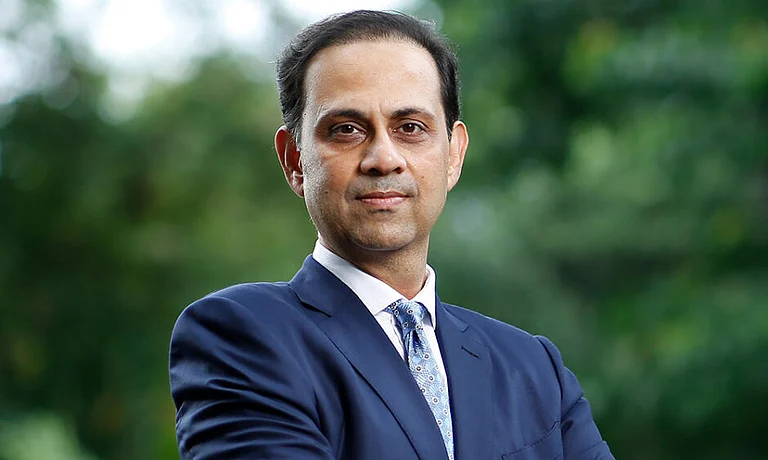India’s fintech start-ups are queueing up outside the Reserve Bank of India (RBI) for Non-Banking Financial Company (NBFC) licences as they see lending as a surefire way to profitability.
Small-ticket loans seem to be one of the few ways in which fintech firms can turn a profit in an increasingly crowded space. For now, fintech firms are making do with tie-ups with other NBFCs.
“Lending is seen as lucrative because technology innovation is making a lot of niche product offerings now possible quickly to meet varying credit demands,” says Hardika Shah, founder and chief executive, Kinara Capital—an NBFC that has been profitable for the last nine consecutive years.
Walmart-owned PhonePe forayed into lending in May 2023 and has since given out loans to 3.9 crore merchants. By July that year PhonePe chief executive Sameer Nigam was reported saying the company may consider applying for an NBFC licence. CRED founder Kunal Shah floated a new NBFC altogether.
Experts say fintech firms—be it payments or neo-banks—will have to cross-sell to their existing users to increase the average revenue per user by leveraging low customer acquisition costs to build a sustainable business.
An NBFC licence allows them to do just that. Lending, even while partnering with other banks and NBFCs, has allowed companies to build profitable businesses. According to Varun Malhotra, partner at venture capital firm Quona Capital, an NBFC licence gives companies a better revenue pool.
Other experts say that despite stiff compliance requirements fintech start-ups prefer to get the RBI’s nod to have a better control on the lending game.
Why have NBFC licences suddenly become so attractive for fintech firms? Read Outlook Business’s feature ‘An NBFC Licence, Please’ to find out.
































